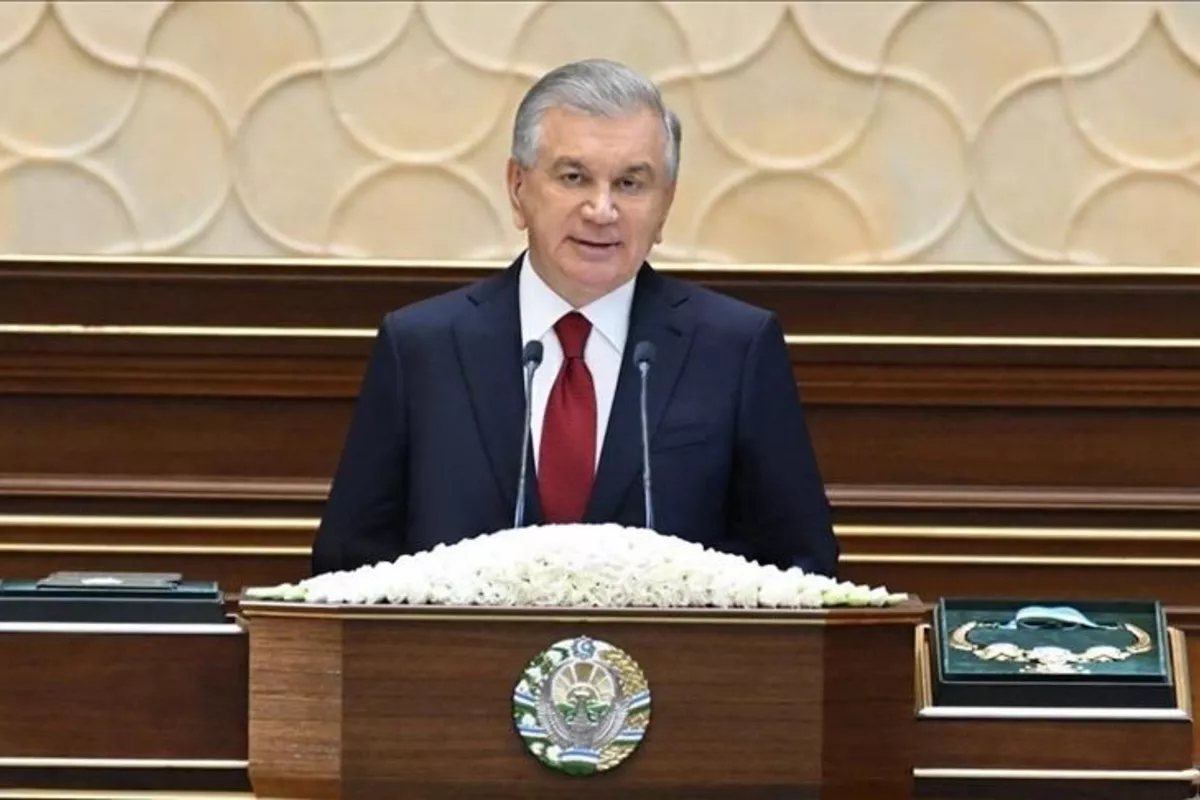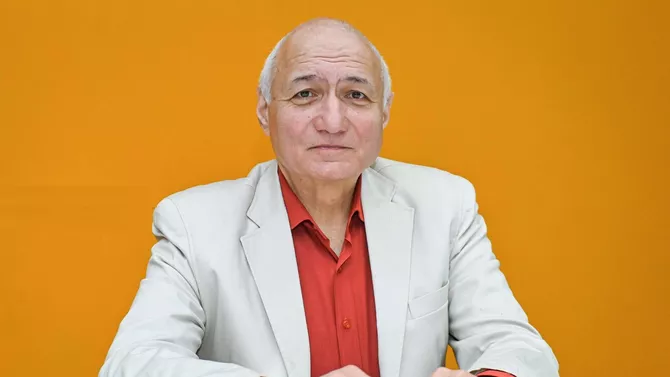
photo: Anadolu Agency
Uzbekistan has entered a new era of diplomatic dynamism, redefining its global standing through strategic engagement with major world powers. Under President Shavkat Mirziyoyev’s pragmatic leadership, Tashkent has deepened ties with the EU, the United States, and the Balkans, advancing cooperation in trade, security, and digitalization. These efforts are positioning Uzbekistan as a central Eurasian bridge - a confident, emerging actor shaping today’s multipolar world.
Speaking to The Caspian Post, political analyst Teymur Atayev said Uzbekistan's foreign policy has become "more balanced, confident, and forward-looking," adding that the country is emerging as "a vital bridge between East and West."

According to Atayev, the country's recent engagements, from new agreements with the European Union to high-level talks with the United States and expanding partnerships with Serbia, mark a new phase in Uzbekistan's external strategy under President Mirziyoyev.
He emphasized that the Enhanced Partnership and Cooperation Agreement (EPCA) signed in Brussels is more than symbolic. "It opens concrete pathways in cybersecurity, counterterrorism, and border security - areas vital for both Uzbekistan and Europe amid global instability."
Atayev also pointed to Mirziyoyev’s meeting with the U.S. delegation led by Special Envoy Sergio Gor and Deputy Secretary Christopher Landau, calling it "a precursor to a potentially historic moment" - the C5+1 Summit scheduled in Washington on November 6, where Mirziyoyev is expected to meet President Donald Trump. "Such engagements illustrate Uzbekistan’s ability to maintain dialogue with diverse powers while safeguarding its sovereignty," he noted.
The analyst said Tashkent’s outreach to Serbia is part of a broader strategy to link Central Asia with the Balkans through the Trans-Caspian (Middle) Corridor, enhancing regional trade routes and strengthening energy cooperation.
"Uzbekistan is not only expanding its geography of partners but also investing in sustainable connectivity - a hallmark of modern Eurasian diplomacy," Atayev said.
From multibillion-dollar agreements at the UN General Assembly to the Organization of Turkic States Summit in Gabala and ongoing negotiations with the EU, Uzbekistan’s diplomacy, according to Atayev, "has entered a phase of institutional maturity."
He concluded that President Mirziyoyev’s approach has turned Uzbekistan into a "strategic hinge of the multipolar world - a country capable of harmonizing the interests of Washington, Brussels, Ankara, and Beijing while preserving its independent national line."
In the broader picture, he said, Uzbekistan's new foreign policy architecture, grounded in pragmatism, partnership, and diversification, reflects a decisive shift from periphery to prominence, positioning Tashkent as a stabilizing force in the heart of Eurasia.
Share on social media